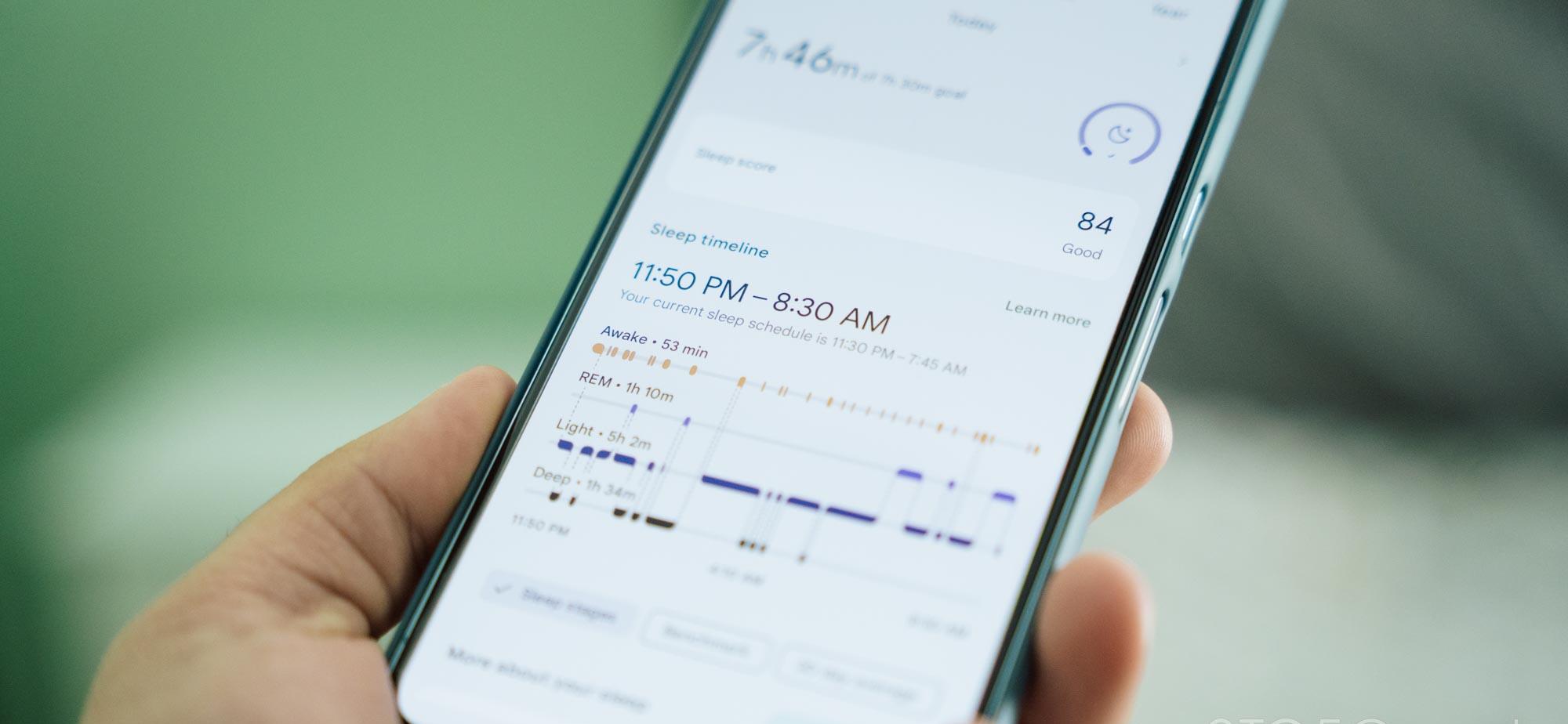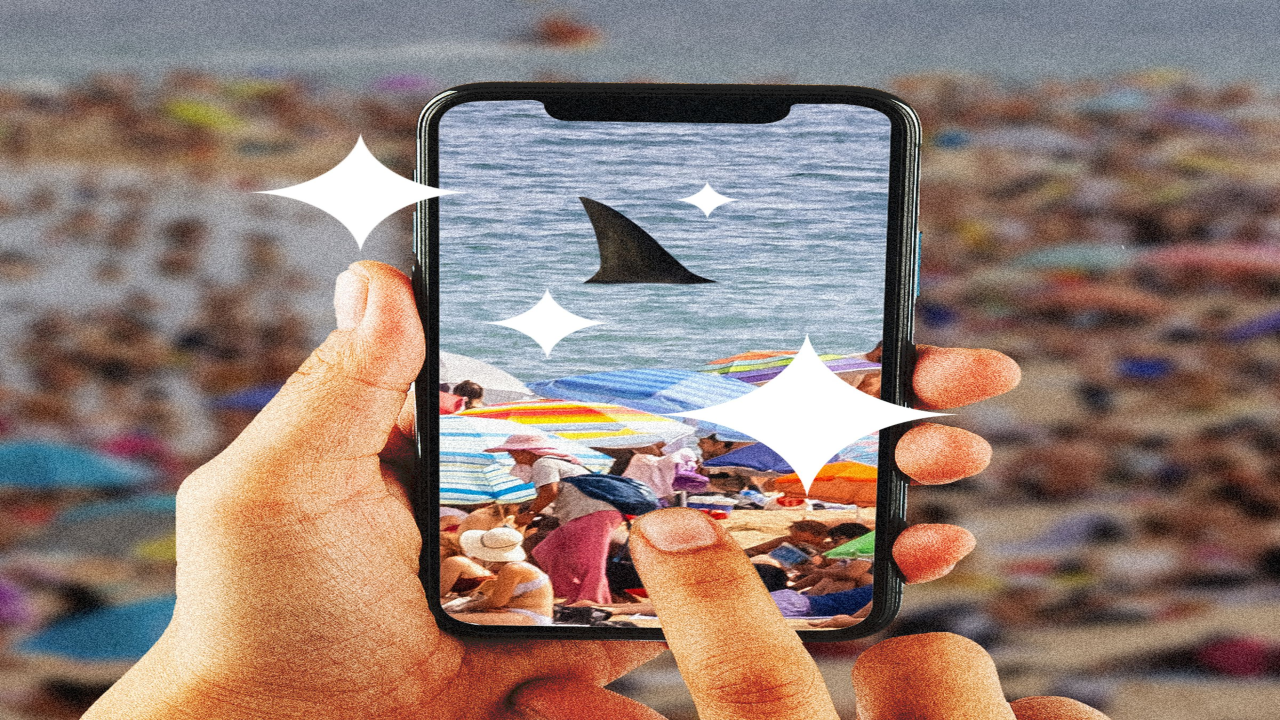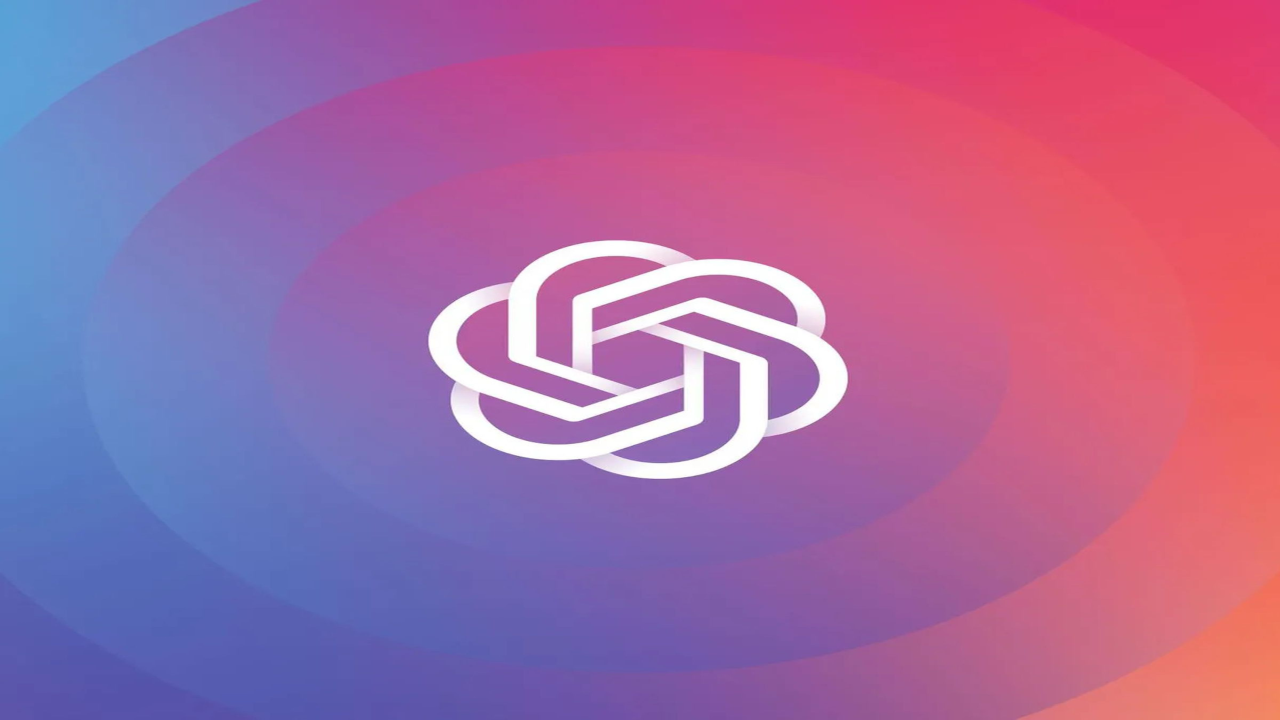OpenAI Alleges Cheating by The New York Times in ChatGPT Copyright Lawsuit
OpenAI claims that The New York Times cheated to get ChatGPT to regurgitate articles in a copyright infringement lawsuit. Learn more about the allegations and the ongoing legal battle.

OpenAI has recently filed a motion in the US District Court, accusing The New York Times of cheating in their copyright infringement lawsuit involving ChatGPT. The motion requests the dismissal of several claims made by the Times against OpenAI, including allegations of direct copyright infringement and unfair competition. This development adds another layer of complexity to the ongoing legal battle between the two entities.
In its motion, OpenAI asserts that The New York Times utilized "deceptive prompts" to manipulate ChatGPT into reproducing its content. OpenAI claims that the Times took advantage of a bug in the system and directly fed articles to the chatbot, resulting in verbatim passages being generated. The company argues that such usage goes against the intended purpose of its products and cites a previous Times article titled "35 Ways Real People Are Using A.I. Right Now" to emphasize that this behavior is not typical of regular users.
However, Ian Crosby, lead counsel for The New York Times, refutes OpenAI's allegations, stating that the outlet was merely using OpenAI's products to search for evidence of copyright infringement. Crosby argues that OpenAI does not deny copying Times works without permission within the statute of limitations, suggesting that the usage was justified.
The Times initiated the copyright infringement lawsuit against OpenAI and Microsoft in December, accusing both companies of training their AI models on its content and allowing their chatbots to reproduce its stories verbatim. The publication argues that this practice not only hampers its revenue but also undermines its relationship with readers.
OpenAI seeks to dismiss the Times' count of direct copyright infringement that occurred more than three years before the legal action began. Additionally, OpenAI requests the court to dismiss allegations of its contribution to the infringement, failure to remove infringing information, and unfair competition through misappropriation. The Times' lawsuit also includes claims of trademark dilution, common law unfair competition by misappropriation, and vicarious copyright infringement.
This lawsuit is not an isolated incident in the AI industry, as several other companies, including OpenAI, have faced legal action. Startups such as Anthropic and Stability AI are also grappling with lawsuits, potentially jeopardizing the future of the nascent industry. The outcome of these cases has the potential to reshape the AI landscape and may have far-reaching consequences for the industry as a whole.
In conclusion, the ongoing copyright infringement lawsuit between OpenAI and The New York Times takes a new turn as OpenAI accuses the Times of cheating to obtain content from ChatGPT. The legal battle continues, with OpenAI seeking the dismissal of multiple claims made by the Times. The outcome of this case, along with other ongoing lawsuits in the AI industry, has the potential to shape the future of AI and its relationship with copyright laws.
What's Your Reaction?





















